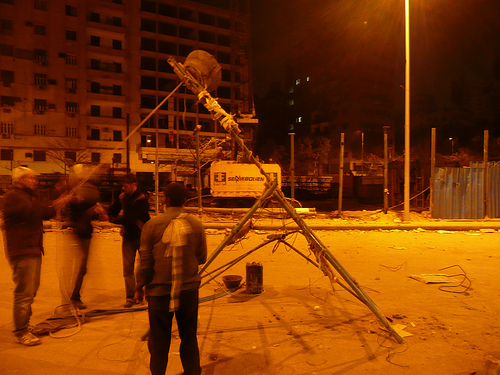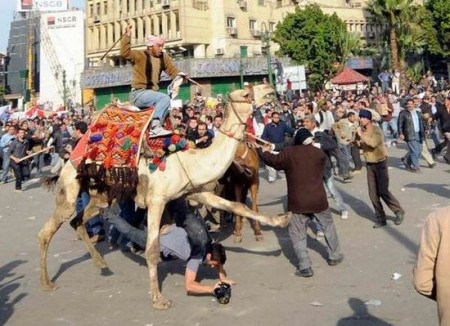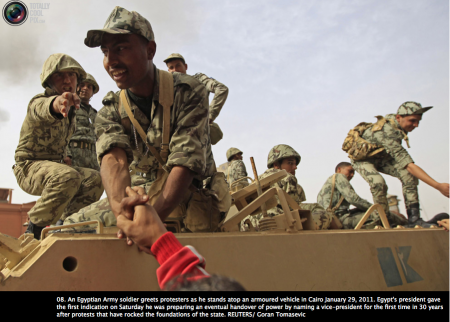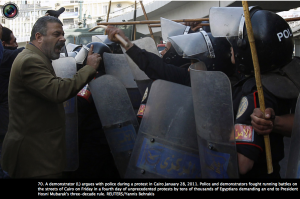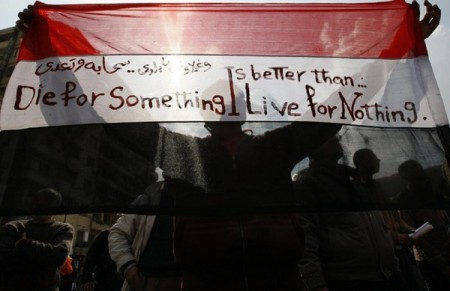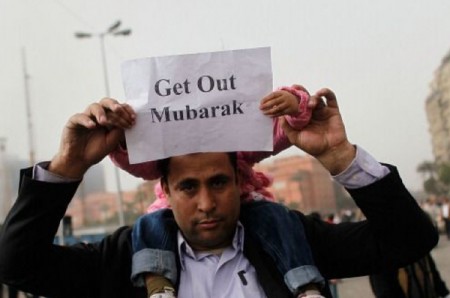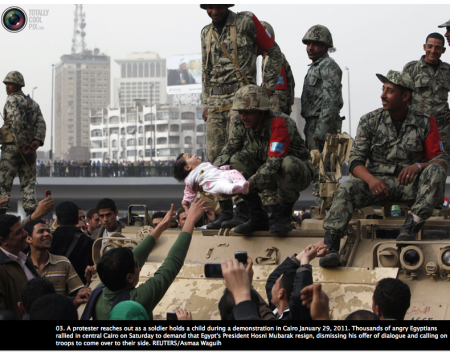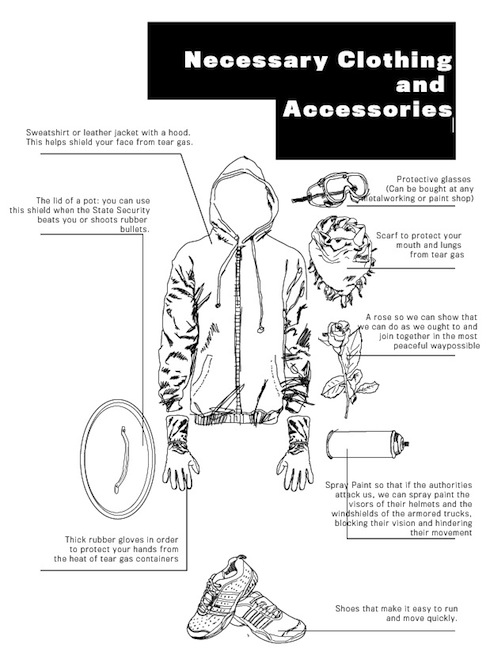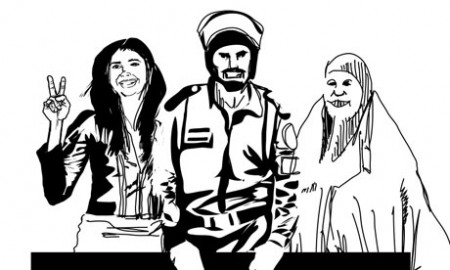
Back in 1991, Jay Anderson wrote and interesting article (free pdf) on how exactly to go about measuring “naturalness”.
After all, anywhere you go in this world, you’ll find it has been impacted by humans to some degree: agriculture in Brazil is affecting rainfall patterns in the remotest parts of the Amazon basin; and soot and anthropogenic chemicals gently, and subtly, contaminate the remotest Antarctic Ice Caps.
Anderson came up with three things to look at, but I think the two key are:
- how much things would change if you removed people,
- how many native species there are compared to how many their were in the past.
I think it’s important to try to at least better define what we mean by the word “natural” as we think about conserving the environment.

Anderson’s first point, about how much things would change if you removed the people, also brings to mind Alan Weisman’s book, The World without Us, which imagines what the world would look like if humans disappeared: what would happen to the cities and artifacts we leave behind?

